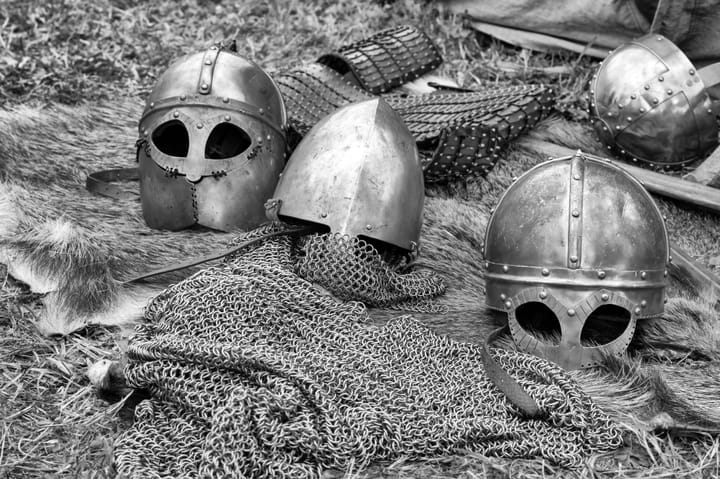The Invention of Nature, Andrea Wulf, John Murray Publishers (2015)

As its name suggests, The Invention of Nature is a puzzling book. Nature isn’t invented, it just is. Not quite, according to Andrea Wulf. She contends that the idea of nature was conceived by the pre-eminent Prussian polymath Alexander Von Humboldt (1769-1859).
Though obsessed with scientific measurement, Humboldt bolted his ivory tower whenever he could, manically examining nature in all its striking similarities. He found connections everywhere, from Quito to Berlin. “No single fact can be considered in isolation.”
During his frequent travels, he invented isotherms – the lines of temperature pressure which, to this day, define weather maps – and discovered the magnetic equator. He also identified the distribution of vegetation “zones” in relation to climactic conditions.
With these insights he dreamed up the “web of life”, highlighting nature’s inter-dependence and vulnerability. If one thread is pulled, the whole tapestry could unravel. Presciently, Humboldt was the first scientist to observe humanity’s impact on the climate.
His notion of a complex web contrasted with scientific thinking at the time, which separated the natural world into individual organisms, setting humans apart entirely. Humboldt believed that the environment, politics and society formed an ever-competing triangle.
He was a friend of Thomas Jefferson’s, and aligned himself with the ideals of the United States. However, they disagreed on the subject of slavery. For Humboldt, human bondage epitomised man’s hubristic belief in the conquest and exploitation of nature.
His ideas were instrumental in influencing Charles Darwin, spurring his own travels. David Henry Thoreau only started writing Walden after he discovered Humboldt’s work, and the origins of America’s conservation movement can be traced back to his books.
Thanks in part to the legacies of the 20th century, Humboldt has been largely forgotten in the English-speaking world. He also died at a time when scientific disciplines were hardening into specialised fields.
Still, his concept of the unity of nature continues to underpin (and broaden) our thinking today. Indeed, his insights have become so self-evident that they no longer seem astonishing.
Wulf’s biography is well-researched and easy to read. It exhorts us to reflect on Humboldt’s primary consolation (he remained a bachelor all his life) – the beauty and complexity of nature. He feared for its future. So should we.


